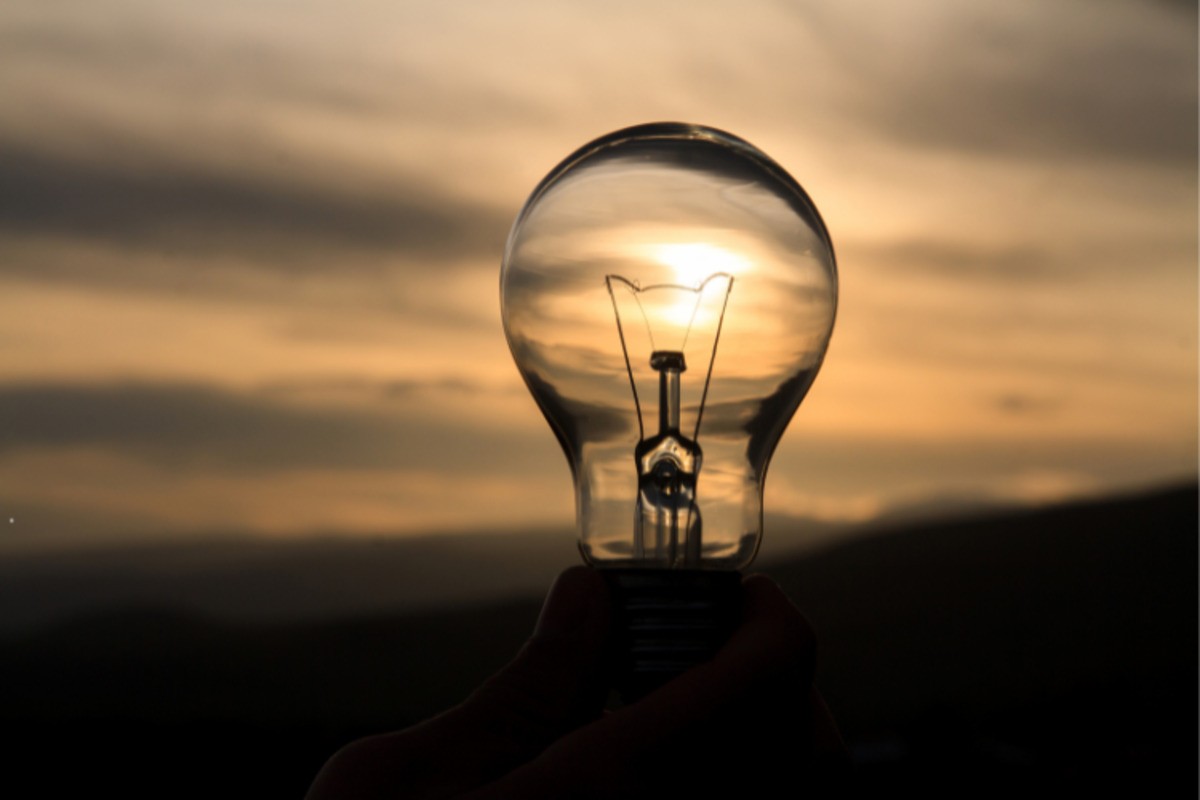Energy Sobriety: Five Resources for Knowing What We're Talking About

The energy crisis is ongoing and could well worsen this winter. Increasingly high prices, probable restrictions... The word sobriety is on everyone's lips, but what does this concept really cover?
Energy sobriety is an approach that aims to reduce our energy consumption but also our consumption of material resources in a voluntary and organized way, by changing our individual and collective lifestyles as well as our social standards, our regulations and our imaginations. Here are 5 resources selected by the CLER-Réseau teams for the energy transition and available on its resource center to deepen the subject.
1. Sobriety: négaWatt presents its costed proposals
Sobriety is at the heart of the approach and expertise developed by négaWatt for more than 20 years. Faced with the energy crisis we are going through, the association is publishing its proposals to reduce our energy consumption by at least 10% within two years. It provides an initial list of actions that can be mobilized in different sectors from this winter and over the next two years, and quantifies their impacts. Based on feedback from its members, it draws the attention of decision-makers and operators to the key issues to be anticipated in their implementation.
2. Sobriety makes the headlines of radio shows
Energy sobriety does not mean that you have to go without heating. But then what is it? On Radio Nova, Charles de Lacombe, member of the citizen movement Alternatiba, asks the question to Julia Hidalgo, sobriety project manager at CLER – Network for Energy Transition. As Dominique Bourg asserts on France Inter, "sobriety is not about living worse, it's about learning to live better"!
3. Our energy: Essential sobriety
At the heart of the latest energy scenarios from RTE, ADEME and négaWatt, the concept of energy sobriety – or even sobriety for short – is digging its furrow. In an issue of Our Energy dedicated to energy sobriety, the CLER – Network for Energy Transition gives the floor to sociologists, communities, and pioneers to get moving.
4. A study by Solagro on the hidden face of our consumption of agricultural and forest land
This study conducted by Solagro sheds light on the issue of imports from a new angle. It focuses on the agricultural and forest areas that we need, on the other side of the planet, to produce our everyday consumer goods, food and non-food, and it presents the impacts induced by the exploitation of these areas. France is a net exporter of 2.7 million hectares. Nevertheless, this positive balance hides many flows of imports and exports: France remains very dependent on foreign countries. The products we import (soya, cocoa, coffee, meat, palm oil, cotton, fruit and vegetables, wood, etc.) require an area of 14 million hectares outside our borders, or 25% of the area of France. This illustrated brochure describes 7 of the main import products and their consequences. It presents the reasons forwhich our system is no longer sustainable and describes the levers that can be mobilized to reduce our imported footprint: sobriety, efficiency, relocation, substitution, equity.
5. “Doing your part? Power and responsibility of individuals, companies and the State in the face of the climate emergency” by Carbone 4
In a study, Carbon 4 has drawn up a list of a dozen actions that are the sole will of an individual, both the "little everyday gestures" (buying a water bottle, equipping one's home with LED lamps, etc.) and more ambitious behavioral changes (eating vegetarian, no longer flying, systematically carpooling, etc.). These actions are all achievable without any investment. However, if the French jointly and systematically activated all of these actions, every day of the year, that would be far from enough. To win the battle, you have to go beyond the single individual link and reach a collective level of action. In parallel with efforts in the private sphere, which will have to take place anyway, it is also essential to trigger a “much more radical and profound change than what is being undertaken today. »



